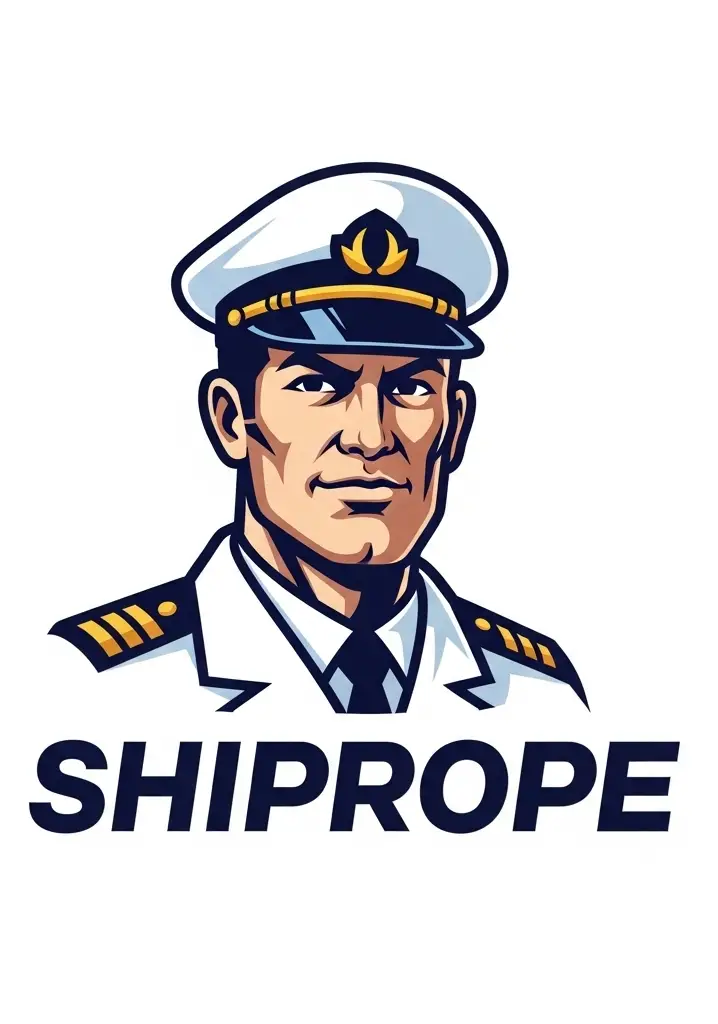Hiring Less Qualified Seafarers at Lower Wages: Implications and Recommendations
Introduction
The maritime industry is the backbone of global trade, responsible for transporting approximately 80% of goods worldwide. However, it’s increasingly facing a controversial trend—hiring less qualified seafarers at lower wages. While cost-cutting measures may provide short-term financial relief, this practice has stirred debates about its long-term implications for safety, operational quality, and seafarers’ livelihoods.
This article dives into how this trend affects the maritime industry, offering insights into its ethical ramifications, real-world examples, and practical recommendations to ensure sustainable hiring practices.
The Implications of Hiring Less Qualified Seafarers
Safety Risks
Shipping accidents and disasters are often linked to human error, with inadequate training or insufficient qualifications playing a significant role. When shipping companies prioritize costs over competence, they risk compromising the safety of ships, cargo, and crew members. Key areas of concern include:
- Navigational Errors: Less experienced seafarers may lack the skills needed to handle adverse weather conditions or high-traffic ports.
- Equipment Handling: Modern vessels require advanced technical knowledge, and untrained staff may struggle with complex machinery, increasing the risk of mechanical breakdowns.
- Emergency Preparedness: Properly trained seafarers excel in emergency procedures like firefighting, medical aid, and evacuation—all essential for minimizing damage during crises.
Decline in Operational Quality
The lack of adequately trained personnel can lead to inefficiencies such as delayed shipments, higher cargo damage rates, and poor vessel maintenance. This tarnishes a company’s reputation and could result in lost business, despite the savings made by lowering wages.
Economic Ripple Effects
Though companies may reduce direct costs by hiring seafarers with lower qualifications, these savings could be outweighed by indirect economic losses. For instance:
- Insurance premiums for poorly crewed ships are likely to surge due to higher risks.
- Fines and penalties from failure to comply with maritime safety regulations could eat into profits.
- Countries dependent on maritime trade could suffer economic setbacks if accidents disrupt the supply chain.
Case Studies of Hiring Practices
Countries Supporting the Trend
Certain countries have embraced this cost-cutting strategy. For instance, some shipping companies have turned to countries with minimal regulatory standards and lower labor costs to recruit seafarers. While this reduces expenses, it has led to heightened scrutiny by international maritime authorities.
Countries Resisting the Trend
Conversely, nations like Norway and Germany have maintained rigorous standards for seafarer qualifications. These countries emphasize investing in high-quality maritime education and adhering to stringent labor laws. Companies operating from such nations tend to enjoy higher levels of trust and reliability, resulting in long-term business stability.
Ethical Considerations and Impact on Seafarers’ Lives
Fair Wages and Working Conditions
Seafarers dedicate their lives to demanding roles that often involve long periods away from home, extreme conditions, and unforgiving schedules. Hiring unqualified individuals at lower wages not only undermines their value but also perpetuates exploitative practices.
Job Satisfaction and Retention
Offering fair wages and professional growth opportunities motivates employees to stay loyal to their employers. Retaining skilled seafarers can reduce recruitment and training expenses in the long run.
Global Standards and Worker Dignity
Ethically, the maritime industry must adhere to international standards like the Maritime Labour Convention (MLC). Ignoring these guidelines for short-term savings affects the morale and dignity of workers while exposing companies to legal consequences.
Recommendations for Responsible Hiring
Invest in Training and Development
Companies should establish partnerships with maritime training institutes to ensure seafarers are adequately prepared. Scholarships, apprenticeships, and certification programs can help bridge skill gaps and promote long-term growth.
Adopt Technology for Skill Assessment
Advanced recruitment tools powered by AI can evaluate candidates’ aptitude and qualifications more accurately, ensuring that only suitable seafarers are hired.
Regulatory Compliance and Collaboration
It’s crucial for governments, maritime authorities, and companies to collaborate in creating enforceable regulations that uphold safety and labor standards. Regular audits and inspections can help detect non-compliance early.
Promote Global Initiatives
Encouraging participation in global initiatives, like those led by the International Maritime Organization (IMO), can ensure access to high-quality resources and training modules for seafarers worldwide.
Focus on Long-term Benefits
Rather than prioritizing immediate cost savings, companies should recognize the long-term advantages of hiring qualified professionals. These include enhanced efficiency, reduced risk of accidents, and improved industry standing.
Upholding Expertise and Safety in the Maritime Industry
The practice of hiring less qualified seafarers at lower wages may appear to offer short-term solutions, but it comes with significant risks to safety, quality, and reputation. By maintaining rigorous hiring practices and investing in training, maritime companies can not only safeguard their operations but also uphold ethical labor standards and contribute to a thriving industry.
Ultimately, the maritime world needs to take collective responsibility for ensuring that human lives, valuable cargo, and global trade are not compromised in the name of expediency. It’s time to prioritize expertise and safety over temporary cost savings.
Are you ready to elevate your maritime staffing decisions? Contact us to learn more about implementing sustainable hiring strategies. Together, we can shape a safer, fairer, and more prosperous future for the maritime industry.

